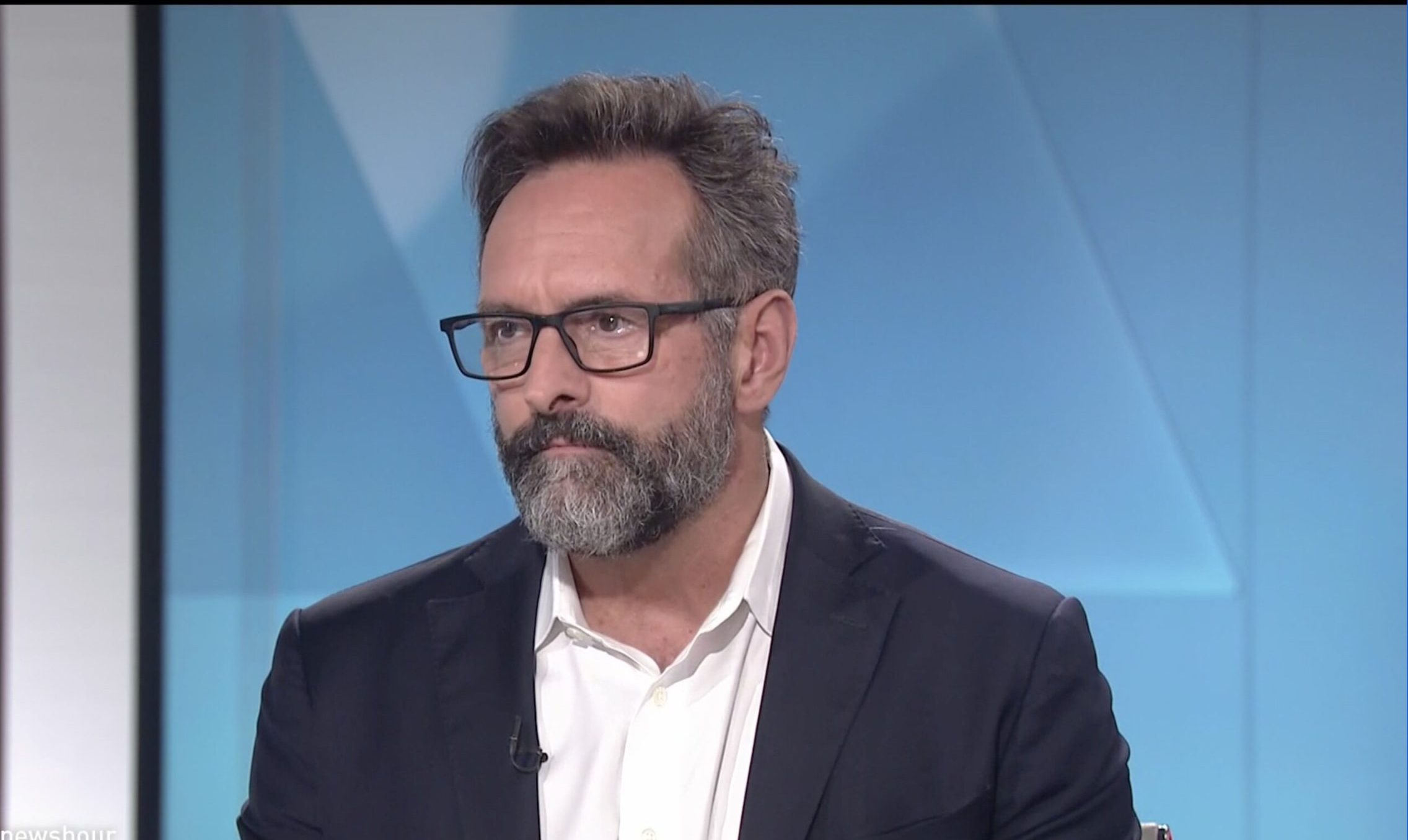Talks over another deal between Hamas and Israel have gained momentum this week with a new proposal from Egypt releasing more captives from Gaza and Palestinians from Israeli prisons.
Qatar is playing “a very strong and important role” in negotiations over the release of hostages from Hamas in Gaza, Roger Carstens, the United States Special Presidential Envoy for Hostage Affairs, told PBS News Hour on Wednesday.
“What I can say is that Qatar is playing a very strong and important role as an intermediary. There are times when, of course, the United States does not really have entree into some of the negotiating groups, and this is a case where Qatar has really been able to bring its gravitas in the region to bear,” Carstens said in the televised interview.
Qatar has been playing a critical diplomatic role to seek the release of captives from Hamas in Gaza under its wider efforts to reach a permanent ceasefire in the besieged enclave.
Since October 7, Israeli occupation forces have killed more than 21,500 Palestinians in Gaza while wounding 54,000 others, of which 70% are women and children, Palestine’s news agency, Wafa, reported on Thursday evening.
The mediation of Qatar—where a Hamas political office is based—alongside Egypt had resulted in a temporary truce that lasted between November 24 and December 1.
The pause led to the release of at least 110 Israeli and foreign captives from Gaza, according to a Doha News tally. As part of the deal, Israel released 240 Palestinian women and children from Israeli prisons.
Israel said on December 2 that it had pulled out its negotiators from talks with Qatar, Egypt and the U.S. over a renewed pause, declaring an impasse in the negotiations.
Talks appeared to gain momentum last week when Israeli Prime Minister Benjamin Netanyahu said on December 16 that he was still speaking to Qatar and Egypt “regarding negotiations to release the hostages.”
Netanyahu appeared to backtrack on his decision under mounting domestic pressure to release more captives, particularly after occupation forces “mistakenly” killed three on December 15.
Egypt had reportedly proposed a three-phased truce, drafted with Qatar, on Monday that includes a seven-to-10-day pause to allow the release of more Israeli and foreign captives from Gaza in exchange for Palestinian prisoners, multiple reports said, including Al Jazeera.
When asked by PBS about the current negotiations on Wednesday, Carstens said he could not get into the details of the negotiations, describing it as “a tough fight.”
“I think a lot of things you read in the newspaper are probably accurately portraying where we are. But the bottom line is, as the president said and as the secretary said, we’re in this to make sure that everyone gets back. And even if we were to get all of our Americans back,” Carstens explained.
In a follow up question regarding whether the remaining hostages are alive, Carstens said the “information still remains sketchy.”
“The president announced just a few days ago that we believe one of the American hostages in detention had already passed,” he said. As for the remaining seven, “I would say we have more information [on] some, less on others,” he said.
The U.S. envoy added that his country is “pursuing returning everyone,” including those who died in Gaza.
U.S. Secretary of State Antony Blinken is reportedly scheduled to begin a Middle East tour late next week in an effort to reach another exchange deal, five American, Israeli and Arab officials told Axios on Wednesday.
The tour would include Qatar, the United Arab Emirates, Saudi Arabia, the West Bank, Jordan, and Israel.
If confirmed, the regional visits would be Blinken’s fourth trip to the Middle East and his fifth to Israel since the beginning of the war on October 7, according to Axios.
Blinken visited Qatar on October 13, where Washington and Doha had “very productive discussions” on the situation in Gaza.
On the U.S.-Venezuela deal
Qatar’s diplomatic efforts have been successful in other geopolitical situations, such as between the U.S. and Venezuela on December 21.
The Gulf state’s mediation brought about an exchange of 11 prisoners, making the deal the largest release of U.S. prisoners in Venezuela’s history, according to the Associated Press.
The deal also included the release of 10 American prisoners in exchange for one Venezuelan prisoner—Alex Saab, a close ally of President Nicolas Maduro. The Venezuelan president had received Saab and his family upon their arrival after he spent three years in prison in Miami.
American prosecutors accused Saab of funneling around $350 million from Venezuela through the U.S. Maduro maintained that Saab was wrongfully detained.
Tensions soared between the two countries after former U.S. President Donald Trump imposed crippling sanctions on the South American country.
In 2019, Maduro severed diplomatic ties with the U.S. after it recognised opposition leader Juan Guaido as the interim president.
Notably, relations between the U.S. and Venezuela have appeared to gradually shift in recent months under President Joe Biden’s administration.
On October 18, the Biden administration eased sanctions on Venezuela’s oil sector following a deal between the Venezuelan government and opposition parties for the 2024 elections.







